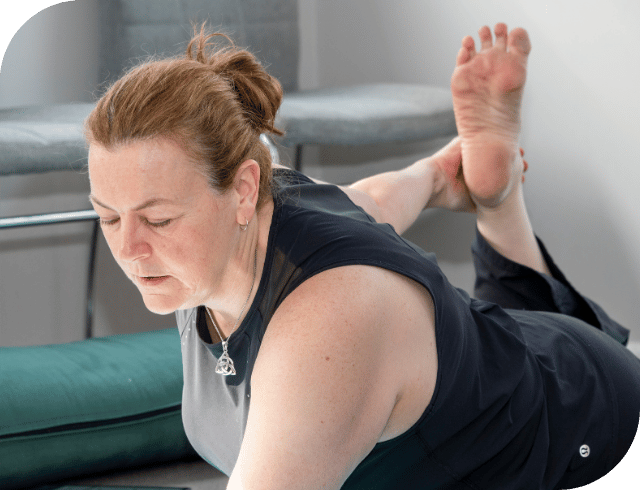From a young age, we learn beliefs about life, people, and relationships. These beliefs often go unquestioned into adulthood.
Have you ever thought, “Why do I always see the negative?” or “Why do I always worry?”. It’s because you keep using those same neural pathways.

Your “Musts”, “Oughts” and “Shoulds”
American psychologist, Arthur Ellis created a therapeutic approach titled “Rational Emotive Behaviour Therapy”. In this, he coined the term “mustabatory” which lists the following emotional language:
- “I must”
- “I ought”
- “I should”.
You could easily add your own to this, like “I shouldn’t”, “I’ve got to” or “I have to”.
These words can create pressure and absolute thinking. They tie you down and make you feel like you have to meet these demanding expectations. Your old mustabatory may seem like an old friend, but this is constantly working against you.
But here’s the good news: your brain is changeable. Thanks to neuroscience, we know that you can create new pathways and change your thinking patterns.

Well-Worn Neural Pathways – We All Have Them!
Imagine walking on a bush trail. The more you walk on it, the more defined it becomes. Similarly, your brain forms well-worn pathways based on your repeated thoughts. These old thinking patterns feel comfortable and familiar, like taking the same path over and over.
To change this, start by questioning the old voice in your head. Ask yourself, “Is that true?”, “Do I really need to do this?”, or “What’s going to happen if I take a different approach?”.
These simple questions can disrupt automatic thinking and help you see things differently.
Take a moment to list your beliefs and challenge them to explore new perspectives. It takes practice, but it’s the first step to becoming aware of your thinking.
If you’re ready to move off your own well-worn pathways and focus on the language you use to break free from these patterns, consider exploring counselling or hypnotherapy with one of our highly trained therapists.



